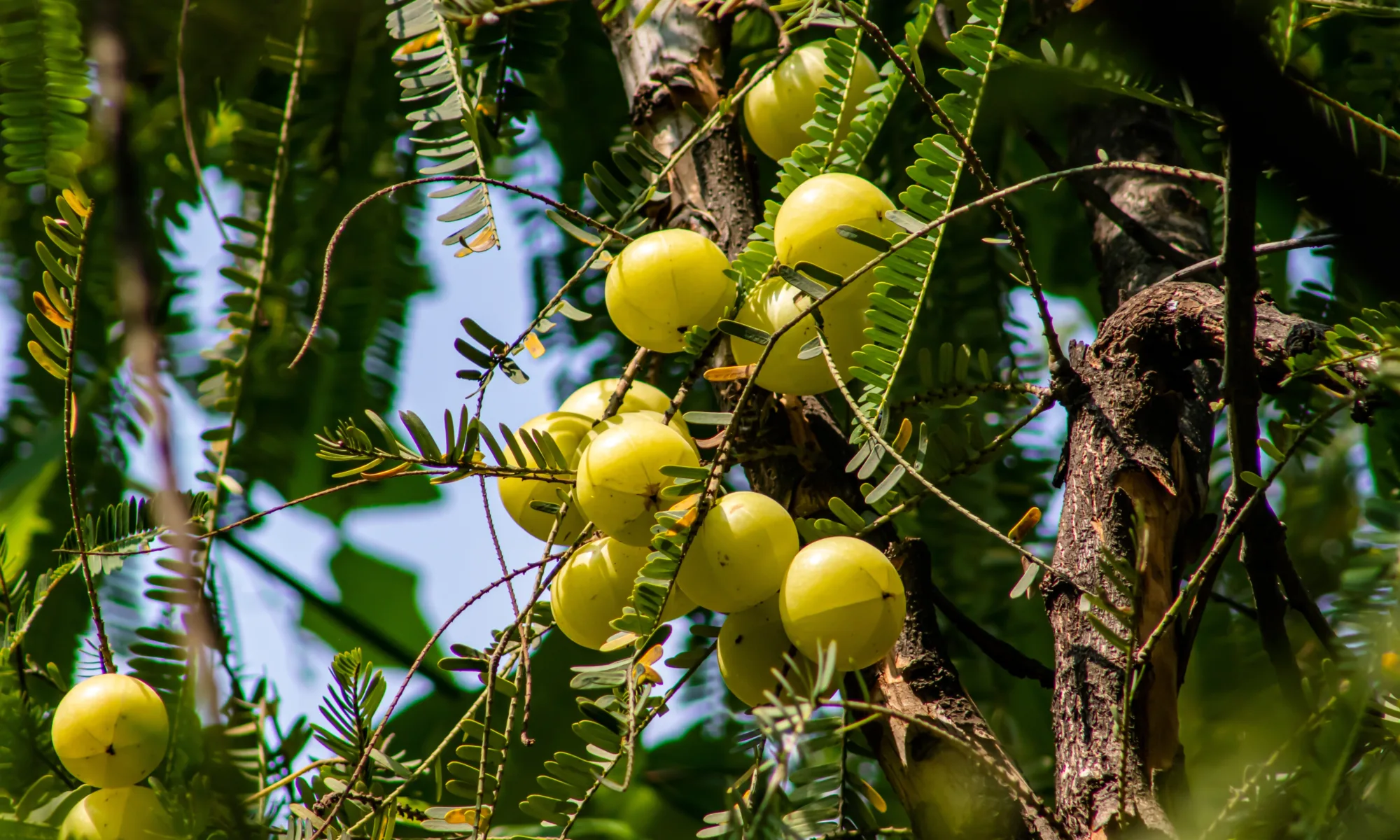Hindi Name : Harre, Harad, Harar
Sanskrit Name : Abhay¡, K¡yasth¡, áiv¡, Pathy¡, Vijay¡
English Name : Myrobalan
Latin Name : Terminalia chebula
Harad contains many chemical components with anti-oxidant benefits, such as phenolic acids, benzoic acids, cinnamic acids, flavonoids, beta-sitosterol (it is a plant sterol used to reduce cholesterol levels) and glycosides. Nutritional components like amino acids, fatty acids, and fructose, are also found in harad.
Key Benefits :
- Immunosuppressive (suppresses immune system)
- Improve cognition (mental action and acquiring knowledge)
- Hepatoprotective (protects the liver)
- Cardio-protective property





